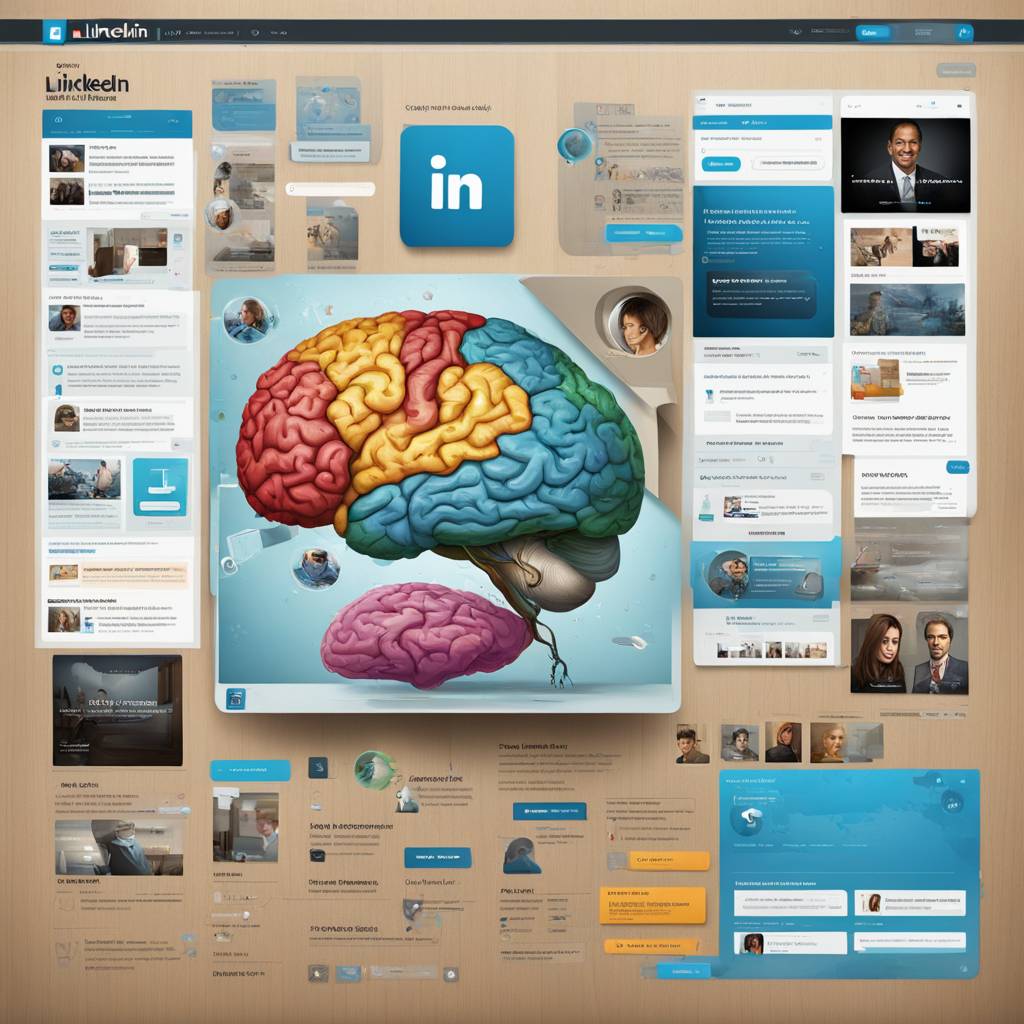LinkedIn is considering adding puzzle-based games to its platform in an effort to make the user experience more engaging and fun. The games, with titles such as “Queens,” “Inference,” and “Crossclimb,” aim to deepen relationships between users and spark conversations. The decision to incorporate games into the platform could be seen as an attempt to draw in more users and increase the amount of time they spend on LinkedIn, similar to how casual games have been successful on other social media platforms like Facebook.
With casual games being a proven way to keep users engaged, LinkedIn aims to capitalize on this concept to differentiate itself from other social networks. Unlike platforms like X (formerly known as Twitter), LinkedIn has a unique position in terms of its audience uptake. While many people use LinkedIn for professional networking and job-related discussions, the platform lacks the social element that encourages users to spend more time on it. By introducing puzzle-based games, LinkedIn hopes to provide users with a reason to visit the platform outside of work-related activities.
Despite its reputation for being somewhat boring, LinkedIn has seen steady revenue growth since Microsoft acquired it in 2016 for $26 billion. With over 1 billion members across 200 countries and territories, LinkedIn remains a popular platform for professional networking. The addition of in-app games could further enhance the user experience and potentially attract new users looking for a more engaging social networking platform.
LinkedIn’s decision to introduce gaming experiences reflects a broader trend of major social media platforms evolving to offer users more diverse and interactive features. By providing activities beyond traditional networking and job-related discussions, LinkedIn aims to create a more dynamic and engaging user experience. With Microsoft’s history of creating addictive casual games, the addition of puzzle-based games could help LinkedIn establish itself as a go-to destination for both professional networking and entertainment.
As social media platforms continue to evolve, LinkedIn’s move towards offering games is part of a broader effort to adapt to changing user preferences and behaviors. By providing users with a mix of professional networking tools and entertainment options, LinkedIn seeks to carve out a unique niche in the competitive social media landscape. With the potential to engage users in new and innovative ways, the addition of puzzle-based games could help LinkedIn attract a wider audience and solidify its position as a leading social networking platform.
Overall, LinkedIn’s decision to introduce puzzle-based games reflects a strategic effort to enhance the user experience and increase user engagement on the platform. By providing users with fun and interactive activities, LinkedIn aims to create a more dynamic and enjoyable environment that encourages users to spend more time on the platform. With the potential to deepen relationships, spark conversations, and differentiate itself from other social networks, the addition of games could play a key role in the future growth and success of LinkedIn as a leading professional networking platform.


